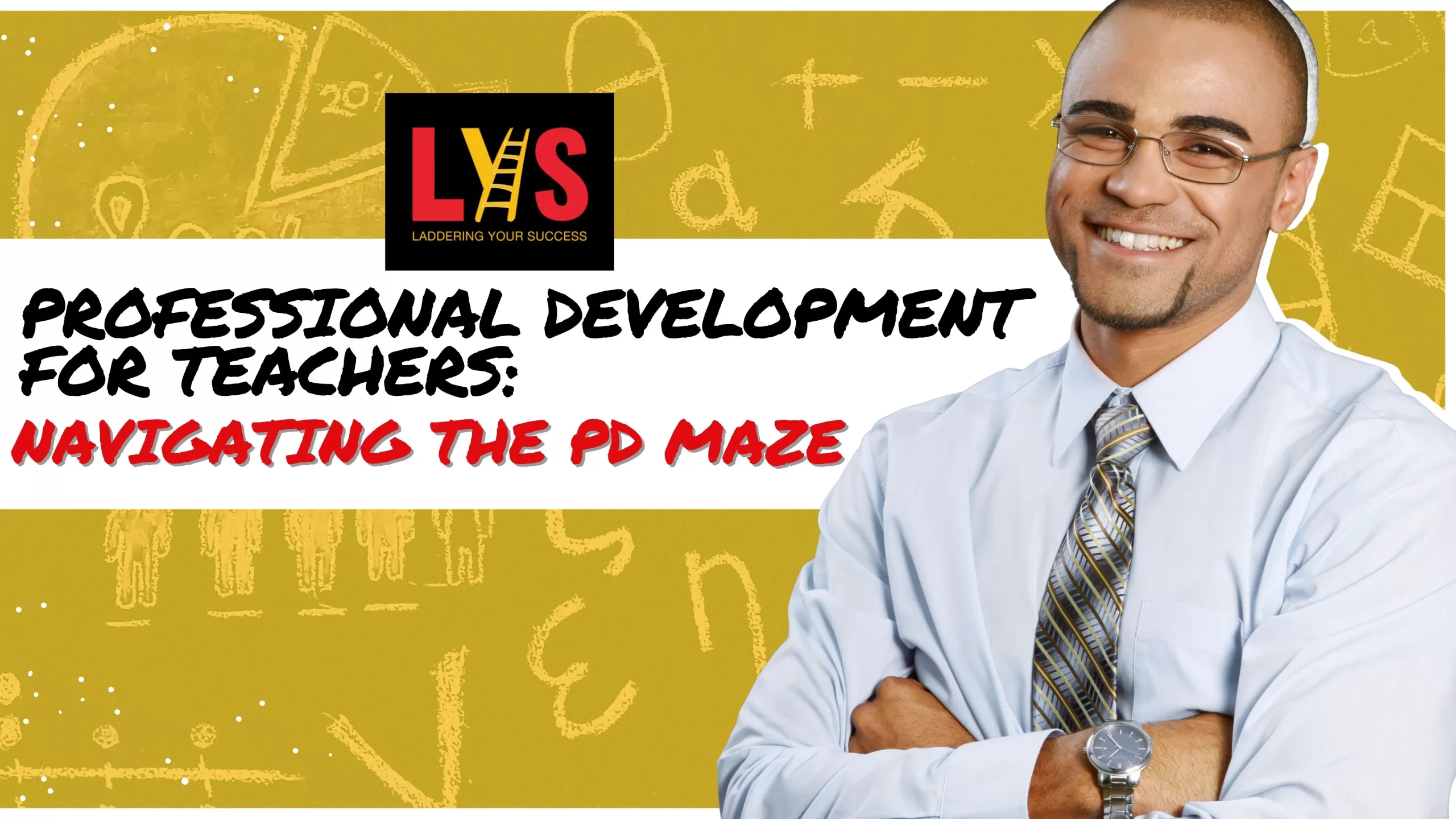As a former teacher, I vividly recall the anticipation and excitement accompanying my first professional development (PD) session. Surrounded by fellow educators, I eagerly absorbed new strategies, teaching tools, and insights into classroom management. It was an empowering experience that fueled my passion for teaching and instilled in me a belief in the transformative power of PD.
However, throughout my teaching career, I also encountered instances where PD failed to deliver on its promise. I witnessed well-intentioned PD initiatives fall short due to a lack of cohesion between teachers, administration, and districts. I experienced the frustration of implementing newly acquired skills only to face resistance from administrators who seemed disconnected from the realities of the classroom.
These experiences prompted me to question the actual value of PD. Is it worth the time, effort, and resources invested if it doesn’t translate into tangible improvements in student learning and teacher effectiveness?
To answer this question, let’s delve into the essential ingredients for successful PD:
- Cohesion and Collaboration: Effective PD fosters a sense of unity and collaboration among teachers, administrators, and districts. PD initiatives become more relevant, adaptable, and impactful when all stakeholders are aligned in their goals and expectations.
- Shared Values and Transparency: PD should be grounded in values permeating every school community aspect. Honesty, transparency, and accountability are crucial in ensuring that PD initiatives are evaluated honestly and adapted as needed.
- Classroom-Based Expertise: Administrators and district-level personnel must regularly engage in classroom teaching to stay connected to the evolving needs of students and teachers. This firsthand experience will inform their decision-making regarding PD content and delivery.
- Teacher Ownership and Empowerment: PD should empower teachers to take ownership of their professional growth. This involves creating opportunities for teachers to choose PD topics that align with their interests and needs and providing them with the autonomy to implement new strategies in their classrooms.
- Continuous Evaluation and Improvement: PD is not a one-size-fits-all solution. It requires ongoing evaluation and improvement to remain relevant, effective, and aligned with the ever-changing educational landscape.
By embracing these principles, we can transform PD from a mere obligation into a catalyst for continuous growth and innovation in teaching and learning. When PD is done well, it empowers teachers, strengthens school communities, and ultimately elevates the educational experience for all students.









